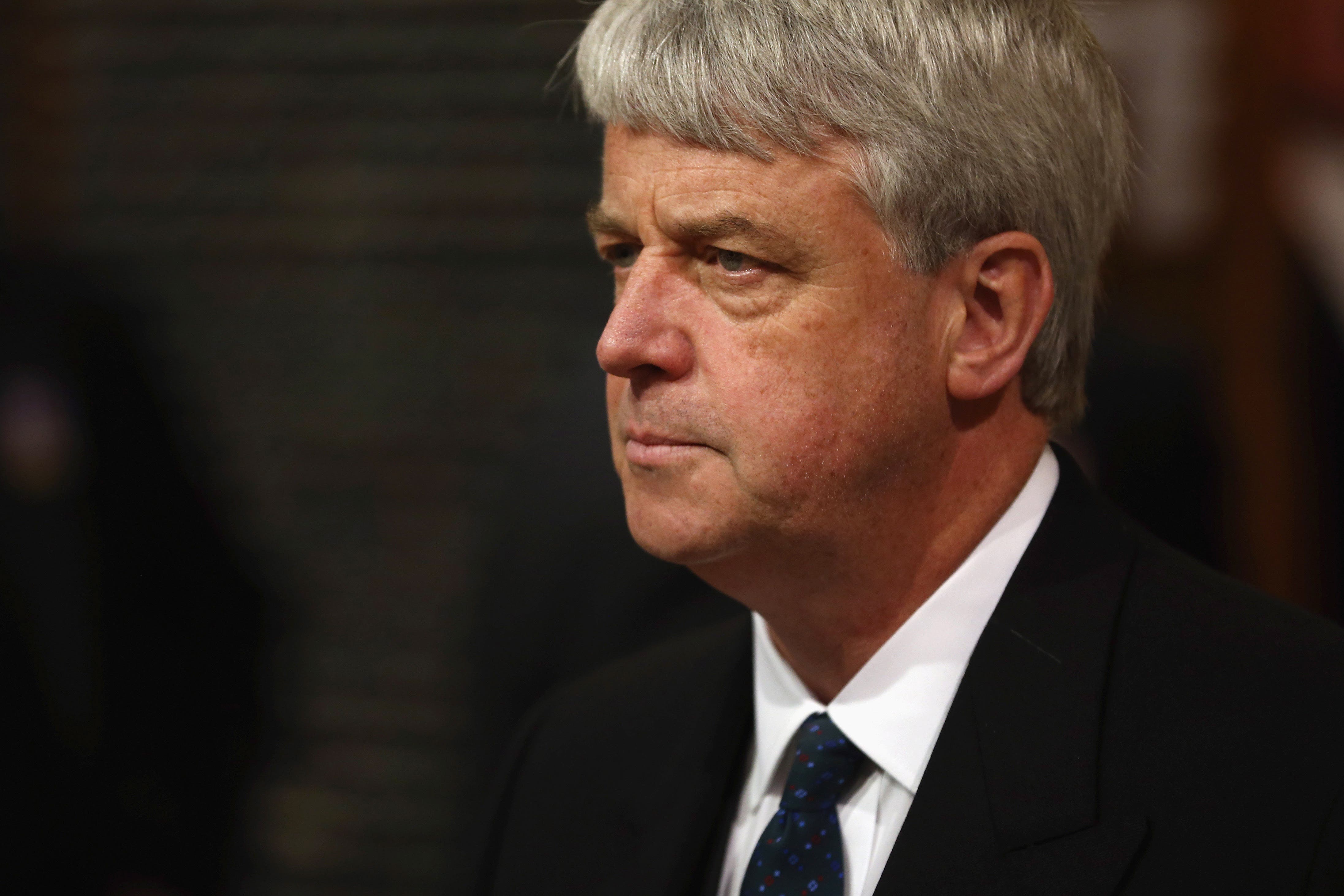Ex-health secretary rejects Infected Blood Inquiry findings: ‘Not my experience’
Lord Andrew Lansley said it would ‘not have made any sense’ to have had a public inquiry during his time as health secretary in 2010-12.

Your support helps us to tell the story
From reproductive rights to climate change to Big Tech, The Independent is on the ground when the story is developing. Whether it's investigating the financials of Elon Musk's pro-Trump PAC or producing our latest documentary, 'The A Word', which shines a light on the American women fighting for reproductive rights, we know how important it is to parse out the facts from the messaging.
At such a critical moment in US history, we need reporters on the ground. Your donation allows us to keep sending journalists to speak to both sides of the story.
The Independent is trusted by Americans across the entire political spectrum. And unlike many other quality news outlets, we choose not to lock Americans out of our reporting and analysis with paywalls. We believe quality journalism should be available to everyone, paid for by those who can afford it.
Your support makes all the difference.Former health secretary Lord Andrew Lansley has rejected some of the findings of the Infected Blood Inquiry, saying it was “not his experience” that his government was doing the least it could get away with.
He also said a public inquiry at the time would “not have made any sense” and that inquiries should “try and put themselves in the position of those who are making decisions at that time”.
Lord Lansley was made health secretary in 2010 when the coalition government came to power.
The government was tasked with responding to the independent inquiry into the contaminated blood scandal by Lord Archer of Sandwell, and reviewing the Skipton Fund, a scheme for making lump sum payments to people who became chronically infected with hepatitis C as a result of receiving treatment with NHS blood or blood products.
I think there may have been other occasions when a public inquiry would have made sense, but trying to do so in 2010 in the immediate wake of the Archer Inquiry probably made no sense
Lord Lansley said the government provided a “significant” increase in funds for sufferers and their families – around £130 million – which had “widespread support”.
The Conservative peer added that Anne Milton, who was the minister in his department responsible for the review, “engaged very widely with the community and the beneficiaries of the Skipton Fund” and tat she had “met very many of them”.
However, he admitted they “got things wrong” and reiterated the “apology and expression of deep regret” he gave in 2011, acknowledging the “strong sense of injustice and trauma and of suffering” that families experienced.
He also added that the inquiry’s report “begs a very serious question about the culture inside government and the culture inside the civil service”.
Lord Lansley addressed a line in the report that read: “What is most disappointing about the response to the Archer Inquiry is the sense it leaves that government was looking to see what was the least that was required of it.”
The former health secretary said: “I have to say, that was absolutely not my experience, nor that of others at the time in relation to the work that was being done by ministers at the time.
“It certainly wasn’t the view of [Labour health minister] Dawn Primarolo at that time in the previous administration, I know that to be a fact, it certainly was not the view of Anne Milton.
“She was looking to do the most that we could do by way of adding to the hardship payments and support that we could at that time in what was very difficult financial circumstances.
“At the time, in the Commons and the Lords, it was very widely welcomed that we had done so. So I do hope that we will not misconstrue people’s intentions.
“We got things wrong and we didn’t know… arguably we were given inaccurate advice, particularly in relation to there having been no finding of fault and what lay behind that, and we are open to the accusation that we did not challenge it sufficiently, but I don’t think we were ever looking to do the least we could get away with, we were absolutely trying to achieve the most we could for the sufferers and their families.”
He also addressed a perception that “all ministers pretty much at any moment seem to have been accused of having not instituted a public inquiry”.
He said: “I think there may have been other occasions when a public inquiry would have made sense, but trying to do so in 2010 in the immediate wake of the Archer Inquiry probably made no sense.
“I think it would be good for inquiries, when they seek to look with the benefit of hindsight, actually to try and put themselves in the position of those who are making decisions at that time.
“It would not have made any sense, in my view, to have instituted a public inquiry in circumstances when nobody was asking for one and we had just had the Archer Inquiry and everyone was focused on our response to that.”
Responding, Labour frontbencher Baroness Twycross said: “I have no doubt about the intentions of ministers, but the lesson I take, as a new minister, is the need to ask questions and the right questions at the right time.
“One of the most shocking elements was the destruction of key documents, including ministerial advice and medical records.
“Records of any sort shouldn’t have been destroyed, and today the Department of Health and Social Care employs robust document management procedures with all its registered files under the direct control of its departmental records office.”